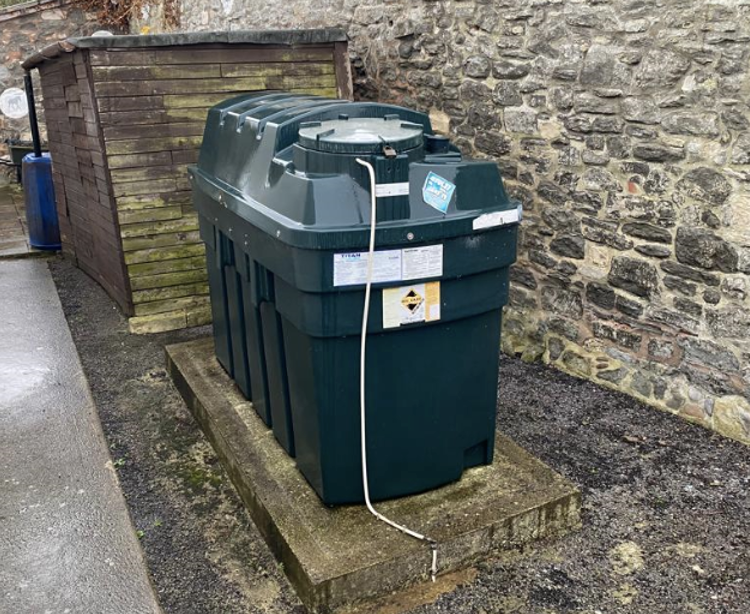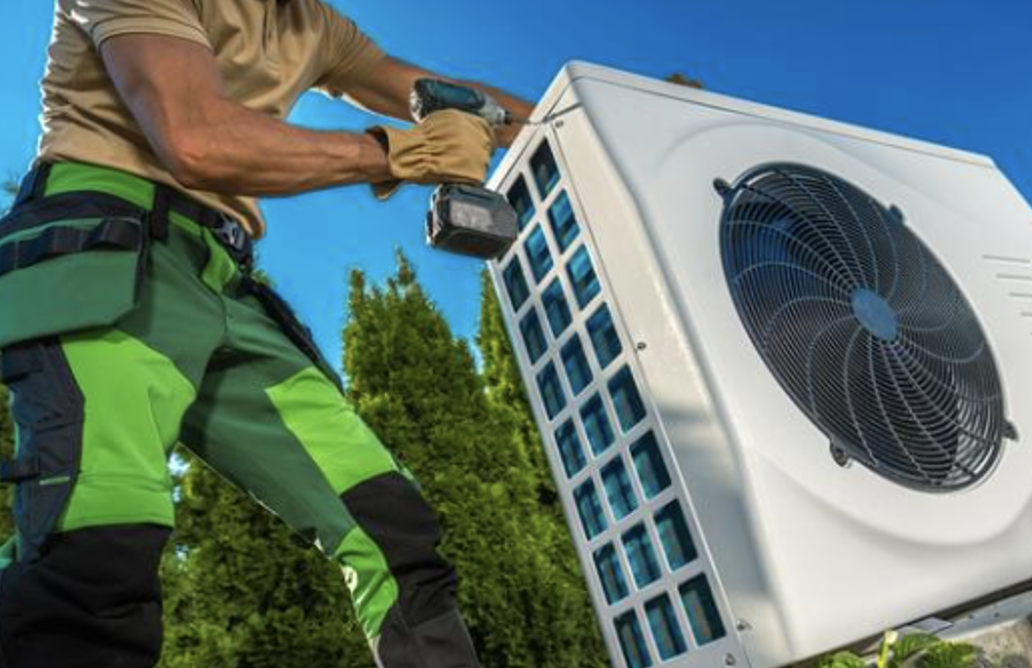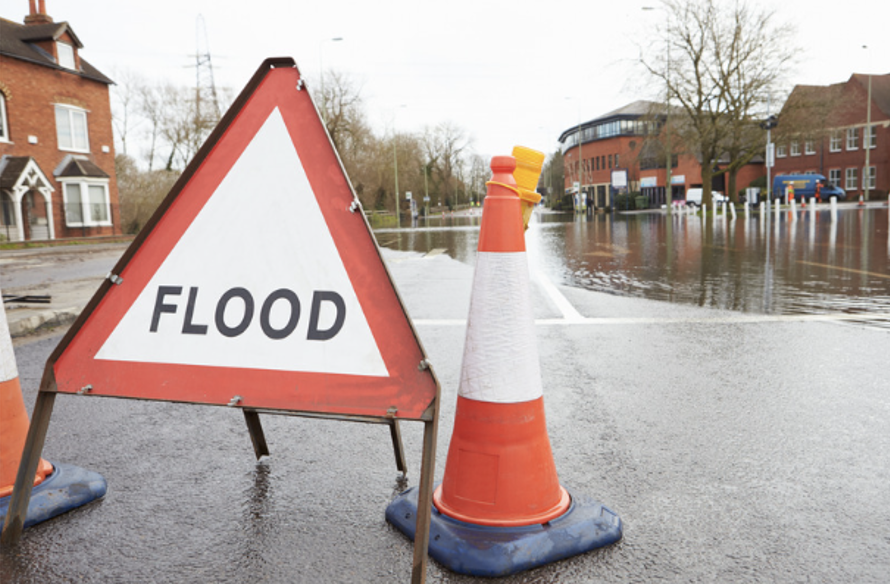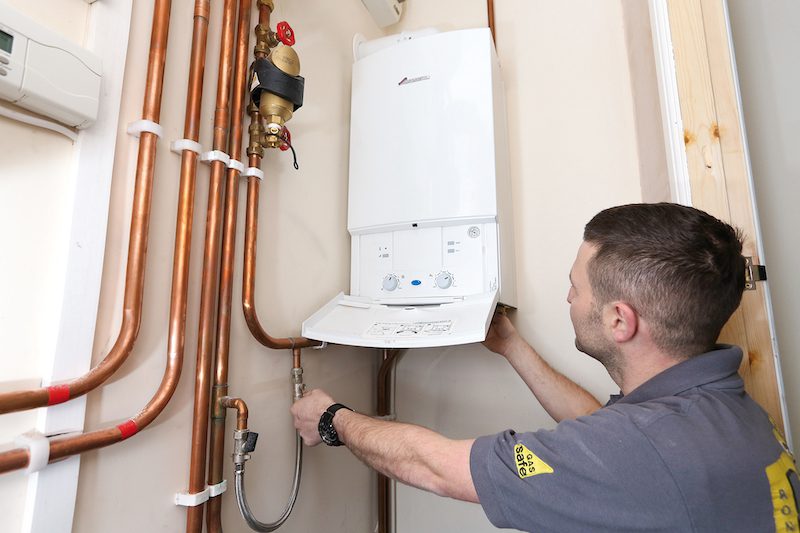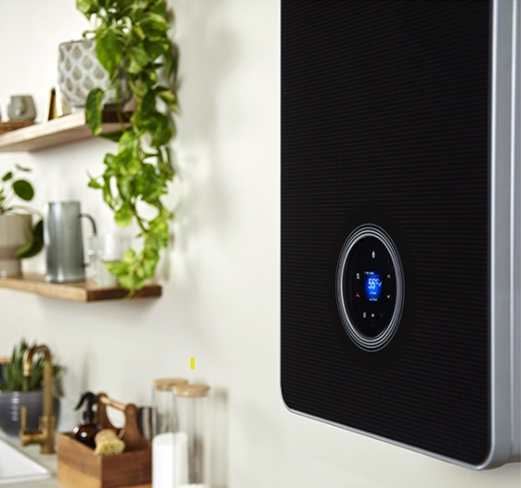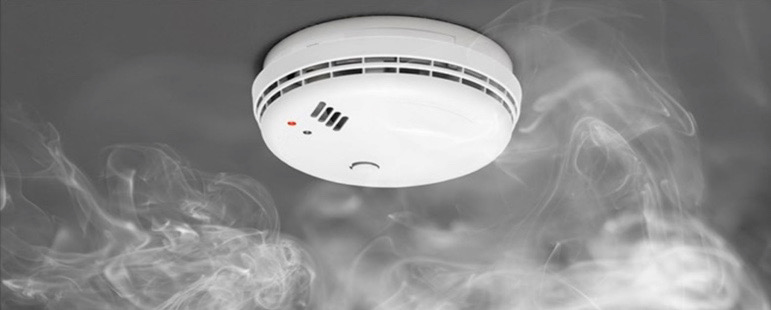Energy Saving Tips
Follow our ilex eco heating energy saving tips and advice for quick and easy ways to save energy, lower your bills and reduce your carbon footprint.
Whether you’re a homeowner, a private or social renter, a student, or you live with your parents, there are many things you can do. We’re all responsible for the energy we use in our homes. Take a look at our quick tips below and see how you could save up to £564 a year* on your bills.
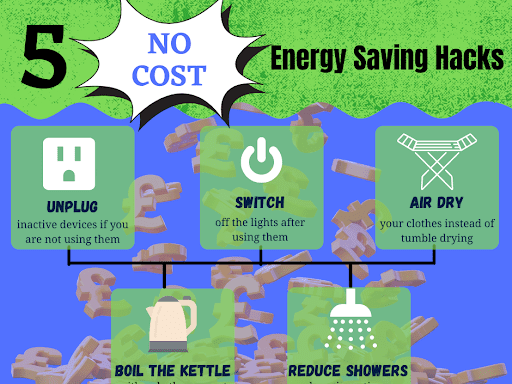
*England, Scotland and Wales savings are for a typical three-bedroom, gas-heated home in Great Britain, using a gas price of 10.3p/kWh and electricity price of 34.0p/kWh (based on Energy Price Guarantee October 2022). Water savings are based on average occupancy.
Northern Ireland prices for gas and electricity are based on an average of supplier tariffs as of October 2022, discounted further according to the Government’s Energy Bill Relief Scheme. Oil prices are based on an average 1,000 litre purchase in October 2022. Statistics and savings are based on discounted rates to ensure customers are provided with as accurate information as possible at time of publication. Correct as of 1 October 2022. Please note, the discounts are subject to change pending timelines for implementation.
1: Switch off standby – Save Energy
You can save around £65 (£30 in NI) a year just by remembering to turn your appliances off standby mode.
Almost all electrical appliances can be turned off at the plug without upsetting their programming. You may want to think about getting a standby saver or smart plug which allows you to turn all your appliances off standby in one go.
Check the instructions for any appliances you aren’t sure about. Some satellite and digital TV recorders may need to be left plugged in so they can keep track of any programmes you want to record.
2:Draught-proof windows and doors
Unless your home is very new, you will lose some heat through draughts around doors and windows, gaps around the floor, or through the chimney.
3:Turn off lights
Turn your lights off when you’re not using them or when you leave a room. This will save you around £25 (£12 in NI) a year on your annual energy bills.
4:Careful with your washing
You can save around £34 (£16 in NI) a year from your energy bill just by using your washing machine more carefully:
- Use your washing machine on a 30-degree cycle instead of higher temperatures.
- Reduce your washing machine use by one run per week for a year.
5:Avoid the tumble dryer
Avoid using a tumble dryer for your clothes: dry clothes on racks inside where possible or outside in warmer weather to save £70 (£35 in NI) a year.
6:Spend less time in the shower
Keeping your shower time to just 4 minutes could save a typical household £95 (£90 in NI) a year on their energy bills.
7:Swap your bath for a shower
Some of us might enjoy a long soak in the bath, but swapping just one bath a week with a 4-minute shower could save you £20 (£19 in NI) a year on your energy bills.
8:Be savvy in the kitchen
Kettles are one of the most used appliances in the kitchen. But many of us will admit that we at least occasionally boil the kettle with more water than we’re going to use. Avoid overfilling the kettle and save yourself £13 (£6 in NI) a year on your electricity bill.
9:Fill your dishwasher
Only run your dishwasher when it is full to reduce the amount of water you use. Reducing your dishwasher use by one run per week for a year could save you £17 (£8 in NI).
10:Top up the insulation
Effective insulation of your hot water cylinder is important: even if you have thin spray foam or a loose 25mm jacket, you can benefit from increasing the insulation to a British Standard Jacket 80mm thick, saving £70 (£65 in NI) a year in the process.
Top five energy consuming home appliances
1: Wet appliances
Washing machines, dishwashers and tumble dryers account for 14% of a typical energy bill, taking the top spot in our list. The power needed to heat the water that they use pushes up consumption, making them energy-hungry household appliances.
2: Cold appliances
Fridges and freezers also account for around 13% of the average household’s energy bill. By their very nature, these appliances need to stay on all the time, so they’re continually drawing power to maintain a constant temperature.
3: Consumer electronics
Today, we are far more reliant on consumer electronics – from laptops to TVs to game consoles – so it should come as no surprise that they take third place, accounting for around 6% of your energy bill.
4: Lighting
Coming in just behind your electronics, lighting takes up around 5% of an average home’s total energy bill. You can reduce the amount of energy you use by replacing halogen bulbs with LEDs.
5: Cooking
Are your cooking habits costing you too much in your energy bills? Around 4% of your energy bill is spent on powering kitchen appliances, including the hob, oven, kettle and microwave.

